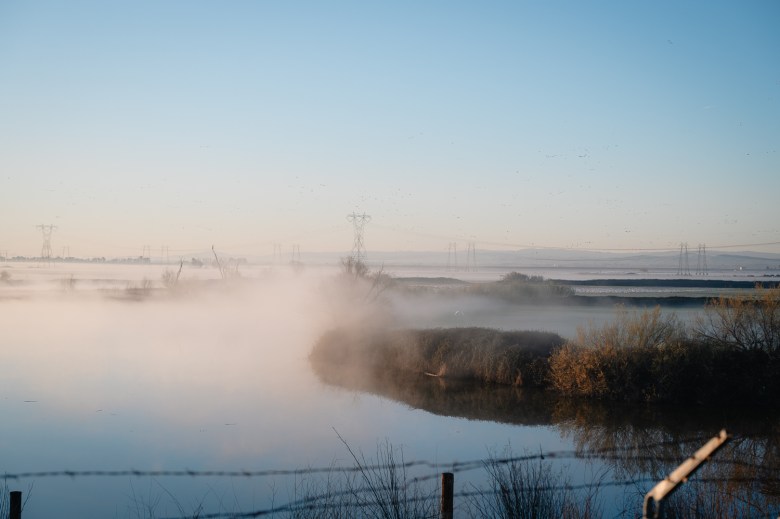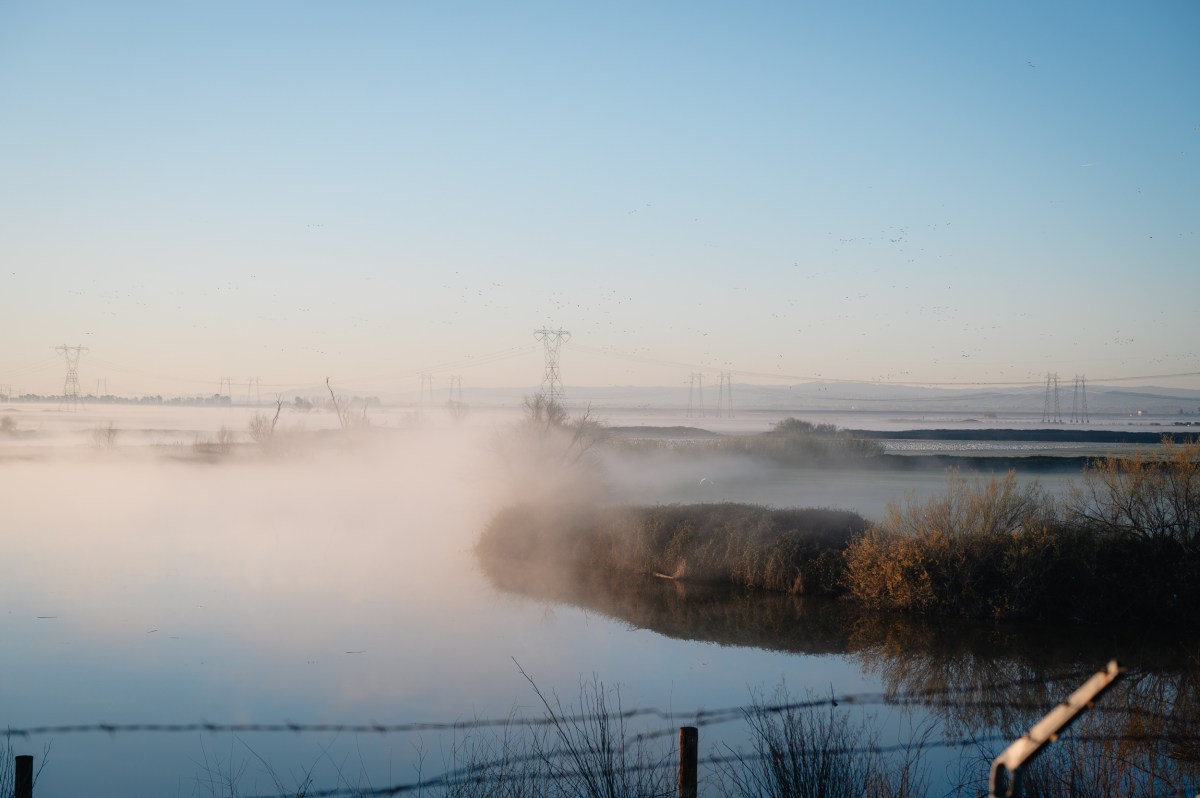California’s top water agency is under federal investigation after a coalition of California tribal nations and environmental justice groups filed a civil rights complaint accusing it of discriminating against several Native tribes and communities of color.
The complaint, filed in December, says the California Water Resources Control Board has failed to protect the water quality of one of the nation’s largest estuaries — the Sacramento-San Joaquin Delta — and has intentionally blocked tribal members and residents of color in some cities from giving input on major decisions.
On Aug. 8, the U.S. Environmental Protection Agency announced that it would investigate those allegations.
“It’s pretty bad when California Indians have to file a complaint with the Federal Government so that the State doesn’t violate our civil rights,” Gary Mulcahy, government liaison for the Winnemem Wintu Tribe, one of the groups that filed the complaint, said in a statement.
The accusations revolve around the state water board’s decisions on where and when to redirect portions of Northern California’s water, most of which begins as rain and snowmelt in the mountains and flows down through streams and tributaries and into the delta — a vast region home to critical water infrastructure, sweeping salt and freshwater ecosystems and hundreds of thousands of people. Currently, the board diverts about one-fourth of the water passing through the Delta to farmland in the San Joaquin Valley and cities in Southern California.
These decisions have strained the ecosystem of the Delta, the “hub” of California’s water system, leading to higher river temperatures, explosions of algae and mass die-offs of salmon and other native fish.

Federal law requires the water board to update its water-quality standards every three years. But the board has delayed that process and has not brought new standards forward since 2009. Instead, tribal nations and environmental groups say that state authorities are relying on outdated regulations that have “allowed Bay-Delta waterways to descend into ecological crisis.”
These impacts, the complaint argues, rise to the level of civil rights violations because they bar some Californians from accessing cultural, religious and traditional subsistence living practices and expose others to toxic environments. In Verona, just north of Sacramento, members of the Shingle Springs Band of Miwok Indians can no longer find usable tule reeds, the long grassy plants traditionally used to make boats and baskets. Members of the Winnemem Wintu Tribe, whose culture and identity are closely tied to the Central Valley’s chinook salmon, have seen that species collapse. (The Winnemem Wintu are not currently a federally recognized tribe for complicated reasons, but they have working relationships with state agencies and organizations.) In South Stockton, Black, Latino and Asian residents have experience dangerous algae blooms and polluted waterways.
The complaint also connects the water board’s decisions to California’s history of discriminating against Native tribes and communities of color.
“It’s pretty bad when California Indians have to file a complaint with the Federal Government so that the State doesn’t violate our civil rights.”
“Tribes and communities of color have been systematically excluded from water rights by state-sponsored genocide, broken treaty promises, and discriminatory laws and policies,” Stephanie Safdi, a supervising attorney and lecturer with the Stanford Environmental Law Clinic, which is representing the complainants, said in a statement.
In a statement emailed to High Country News, the water board said that protecting water resources in the Delta was one of its key priorities.
“The State Water Board deeply values its partnership with tribes to protect and preserve California’s water resources,” spokesperson Ailene Voisin wrote. “The State Water Board will cooperate fully with the investigation and believes U.S. EPA will ultimately conclude the board has acted appropriately.”
In its announcement, the EPA’s Office of External Civil Rights Compliance emphasized that it was only just beginning the probe and had not yet examined the facts of the case.
Still, the agency’s decision to open an investigation represents a significant victory for the Northern California tribes and environmental organizations that filed the complaint. Many of them have spent years imploring the State Water Board to update its water-quality standards for the Delta.

“This decision is a major step towards repairing the years of harm to Tribes, communities of color, and environmental justice communities,” Kasil Willie, a staff attorney with Save California Salmon, one of the groups that filed the complaint, said in a statement.
California’s water board will have 30 days to respond.
Kori Suzuki is a Japanese American multimedia journalist and photographer currently based in Berkeley, California. His personal work focuses on climate change, housing affordability, and race, identity and belonging. You can find more of his work on Instagram @korisuzukiphoto or at korisuzuki.com. Email High Country News at editor@hcn.org or submit a letter to the editor. See our letters to the editor policy.


